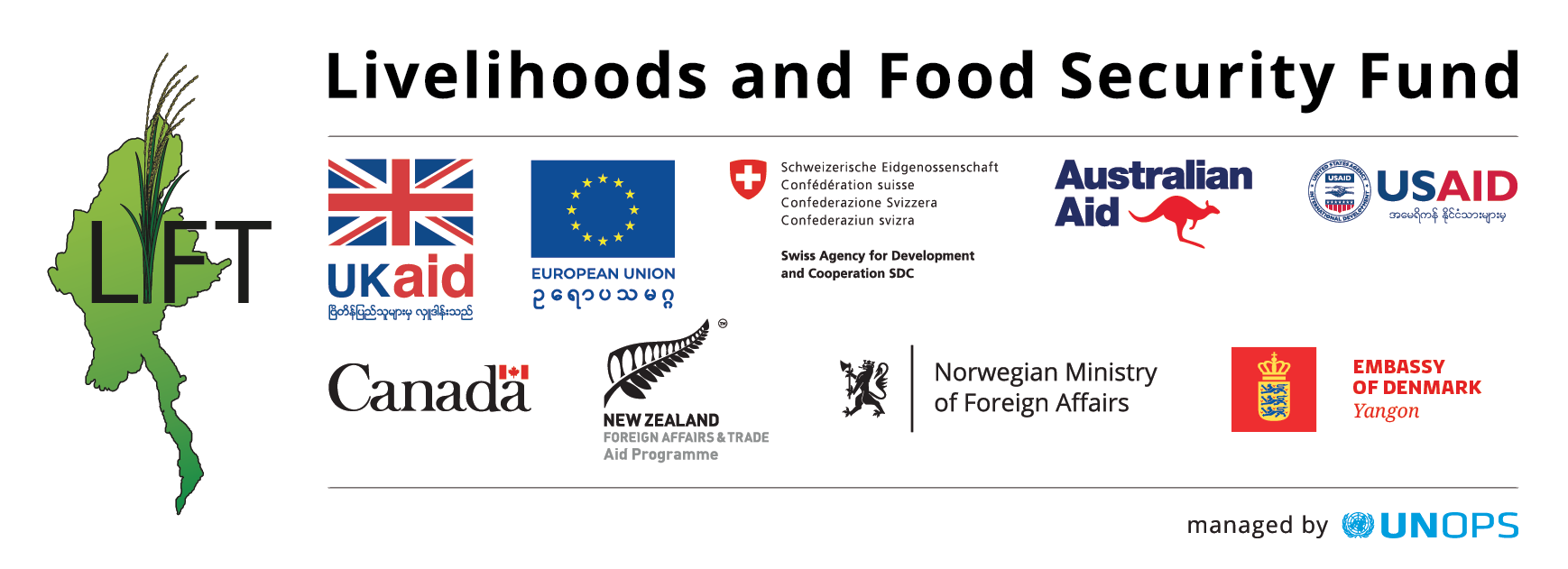
Debt was mentioned in the majority of CHIME qualitative interviews with lower income households as a factor in migration decision-making. For many, migration was perceived as the only way out of interlocking problems of debt, rural bonded labour and extreme poverty. Families reported going into debt to finance migration, even when the migration was being undertaken to repay existing debts – it being seen to offer greater long-term prospects.
Although migration is often seen as a route out of rural bonded labour, when brokers facilitate migration, migrants are also at risk of debt bondage and dubious contracts at destination. In most cases, the initial costs of migration are replaced with more prosperity for the migrant and their family. However, for some, change may be slow or imperceptible and, in a minority of cases, migration failure leads to mounting debts and sale of assets.


